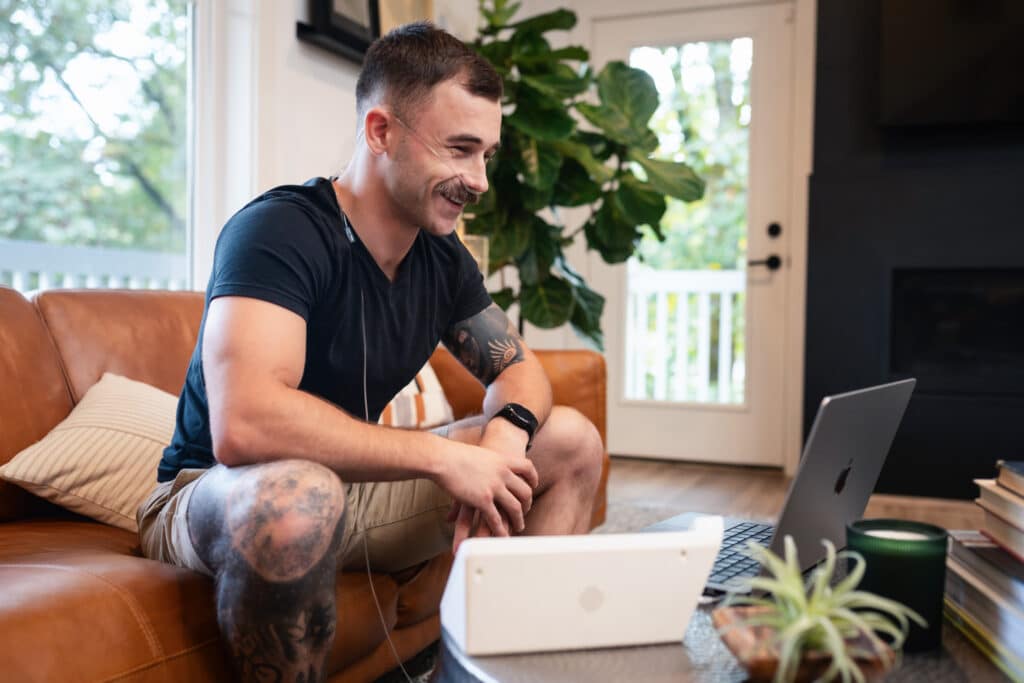You might not know it from the happy photos flooding social media, but Thanksgiving can be hard for many people. For those who deal with anxiety attacks and PTSD symptoms, the holiday can be full of triggers.
If Thanksgiving brings up uncomfortable feelings for you, consider which of these ideas could help you take care of yourself during this stressful time of year:
Accept your truth. Whether you’re planning a festive meal or avoiding it altogether, try not to think about what you “should” be doing. There isn’t a single “right” way to celebrate.
Speak with someone you trust. It may feel easier to keep your troubles to yourself. But letting close friends or family members know you’re having a hard time can help. Plus, when they understand what’s going on with you, they may be less likely to be upset if you need to take a break from group activities.
Find your joy. If you love Thanksgiving food but hate crowds, try takeout from a restaurant. If you want to be with family, but are worried about triggers, make a plan for how you’ll respond. Don’t want any of it? Do something for yourself, even if it’s just a relaxing day at home.
Give yourself the care you need. Holidays come and go. And so does the stress they bring. If panic attacks or PTSD symptoms are keeping you from living the life you want, you deserve better. Freespira is a medication-free, at-home treatment that can provide relief from these symptoms in just 28 days.
You can find out if Freespira is right for you without any commitment. Set up your free assessment today.
05693 Rev A



